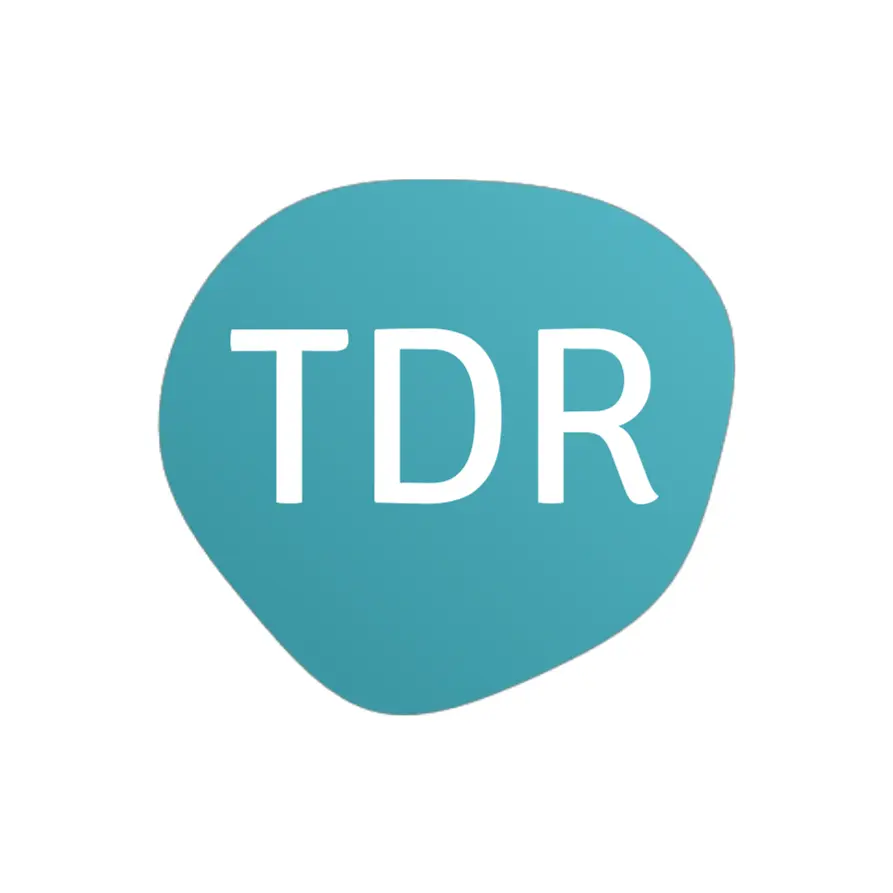Navigating Global Trade: The Role of Partners and Customs Duties in Cross-Border Success

International trade is a collaborative effort, relying on a vast ecosystem of partners to move goods efficiently, legally, and profitably across borders. This network includes manufacturers, suppliers, logistics providers, freight forwarders, customs brokers, trade compliance experts, legal consultants, and government agencies. Each partner plays a specialized role, and the success of cross-border trade hinges on their seamless coordination.
Within this framework, customs duties are a central element that connects and impacts nearly every step of the trade journey.
The Essential Ecosystem Approach to Global Trade
The process of importing and exporting goods involves complex tasks requiring expertise in logistics, finance, law, technology, and international regulations. For instance, a company in Japan exporting auto parts to the United States must coordinate with shipping carriers, ensure accurate and compliant documentation with both Japanese and American customs regulations, and factor in local taxes and duties. Recent events have shown how rapidly and unexpectedly these situations can change.
No single entity can manage the entire process alone. Each partner contributes their knowledge and infrastructure to make global trade possible.
Customs duties, which are taxes imposed by governments on imported goods, serve several functions, such as protecting domestic industries, generating revenue, and regulating the flow of specific goods. For businesses, customs duties represent a direct cost that can significantly affect pricing, profit margins, and supply chain decisions.
The Role of a Customs Broker in the Ecosystem
Since customs duties are calculated based on a product’s classification, value, and origin, it’s crucial that all trade partners coordinate to ensure accuracy. If a product is misclassified under the wrong Harmonized System (HS) code, it may incur higher duties or even be subject to import restrictions.
This is where the customs broker and trade compliance team play a crucial role. Similarly, if origin documentation is incomplete or inaccurate, the business may lose eligibility for preferential duty treatment under a free trade agreement.
How Customs Duties Integrate into the Larger Trade Ecosystem
Customs duties also influence strategic decisions within the trade ecosystem. Businesses might choose to source from certain countries because of favorable duty rates, or they may set up operations in regions where trade agreements reduce tariff burdens. Logistics partners help navigate optimal shipping routes and ensure goods arrive on time and within compliance guidelines, minimizing the risk of delays and unexpected duty costs.
With the growing emphasis on transparency and efficiency, many players in the ecosystem are adopting digital tools to better manage customs data, monitor trade flows, and automate compliance. Technology providers are becoming vital partners, offering platforms that help businesses predict duty liabilities, track rule-of-origin requirements, and respond quickly to changes in trade policy.
International trade is like a team sport—and customs duties and compliance are major rules of the game. Understanding how they work and partnering with the right experts to manage them is key to reducing risk and unlocking growth opportunities.
Trade Duty Refund is a dedicated customs broker that supports companies in importing goods, calculating customs duties, and classifying products under the HS code. They specialize in customs duty drawback for companies and consult on recent regulations and compliance.
➡️ Contact Trade Duty Refund to learn more about how they can assist in reclaiming duties and improving your cross-border trade operations.
